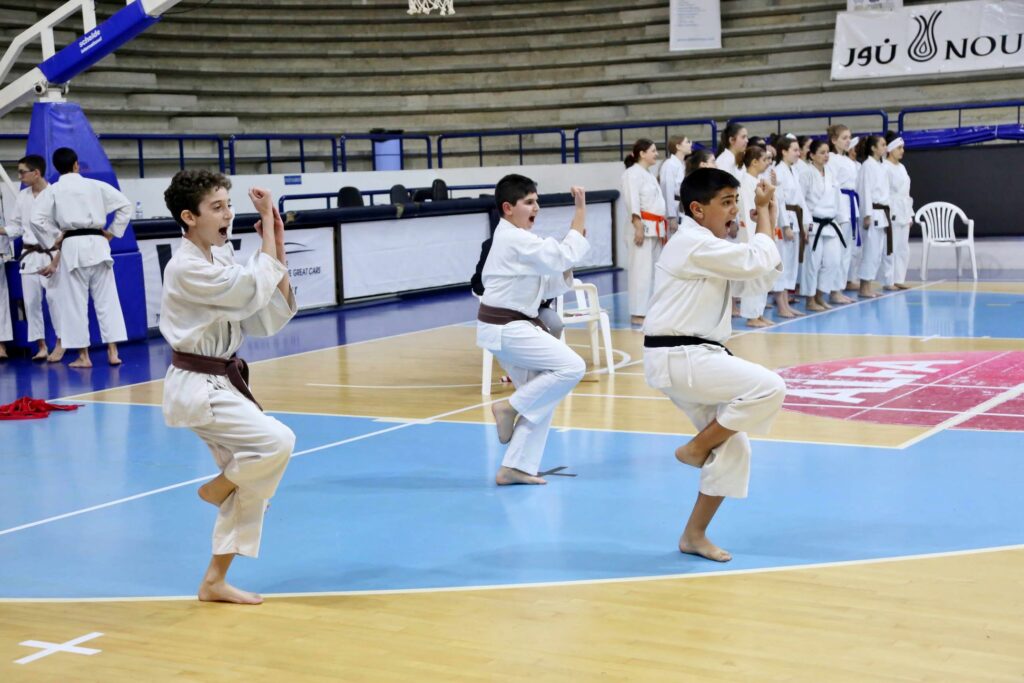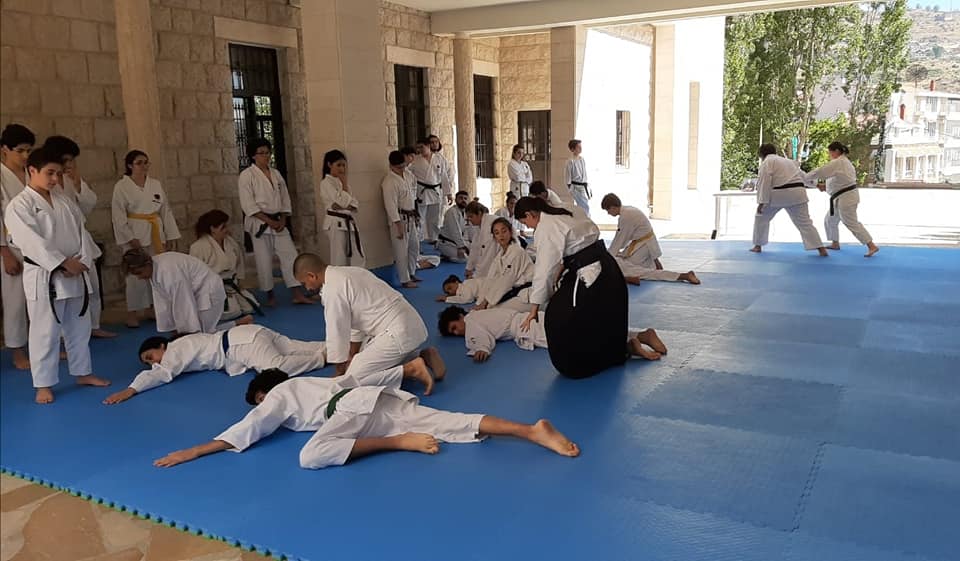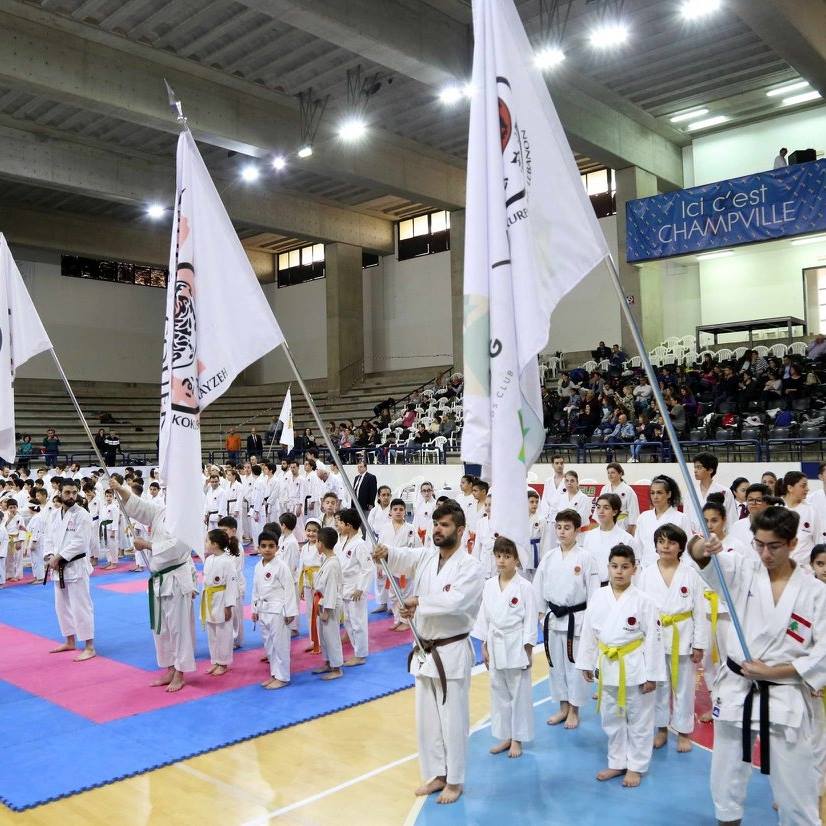





DUBAI: The International Shotokan Karate Federation (ISKF) Lebanon, which was incepted in 1997, has steadily grown from a small group of passionate instructors into a remarkable organization with hundreds of members across the country.
This journey, marked by dedication to traditional Japanese values, has not only built a strong martial arts community but also fostered cultural exchange and social initiatives across Lebanon.
ISKF Lebanon was founded by a group of instructors who established connections with ISKF headquarters in Japan. Since then, the organization has hosted annual events, including a “Master Camp,” which brings together instructors and students from across Lebanon and around the world to train and learn.
From a modest beginning with just 20-30 participants, ISKF Lebanon peaked in 2019 with over 300 members, just before the dual challenges of the COVID-19 pandemic and Lebanon’s economic recession.
Despite these setbacks, ISKF Lebanon has persevered, rebuilding its student base and maintaining its commitment to Japanese martial arts.
Today, the organization is led by three senior instructors, Nayla Makhoul, Wissam Abousleiman and Ghaith Al Rahi. Each of the instructors has 15+ years of practice and are international judges.
They have dedicated decades to training and teaching the discipline, tradition, and ethics that define ISKF.
The three instructors told Arab News Japan that they “have been heavily promoting Japanese culture through Budo, including Karate, Aikido and Iaido, in local communities with social activities & working with other NGOs to host & entertain under- privileged children.”
“We started with the Japanese Embassy’s support, receiving grants and equipment,” said Makhoul. “This partnership has been crucial to our growth, and we are even exploring further collaborations for future activities.”
ISKF Lebanon’s influence extends beyond regular classes. The organization actively promotes karate through demonstrations, social activities, and participation in various events. Whether it’s marching with the NGO Al Younbouh, which supports handicapped individuals, or advocating for organ donation, ISKF Lebanon uses martial arts as a platform for social good.
Additionally, ISKF Lebanon hosts two major local tournaments annually: the Shoto Cup and a regional team tournament. The organization also sends representatives to international competitions, steadily increasing their presence from just a dozen participants in 2012 to nearly 60 members planning to compete in London this September at the ISKF World Shoto Cup.
These activities are largely self-funded, with occasional sponsorships and fundraising efforts. ISKF Lebanon also conducts technical seminars to deepen students’ understanding of karate, often inviting Japanese instructors to lead these sessions.
Adapting Japanese martial arts to Lebanese culture has not been without challenges. ISKF Lebanon is committed to instilling Japanese values such as punctuality, humility, and discipline, often facing resistance from students and parents alike.
“Teaching Lebanese students the importance of discipline, like not allowing anyone to join a class late, has been a tough but necessary journey,” explained Abousleiman. “We are educating not just the children but the parents too, who must adapt to these strict yet fair rules.”
ISKF Lebanon also promotes humility through regular cleaning sessions, emphasizing respect for the training environment, regardless of a student’s rank or status.
One of the organization’s most impactful initiatives involved teaching karate to children in Palestinian and Syrian refugee camps. Despite initial doubts, the instructors were moved by the children’s enthusiasm and eagerness to learn.
“Seeing the excitement in their eyes was unforgettable,” said Al Rahi. “It was clear that these classes were more than just physical training; they offered a sense of value and hope.”
ISKF Lebanon continues to partner with the Japanese Embassy in Lebanon, conducting numerous events to promote Japanese culture. The organization’s dedication to cultural exchange is also reflected in their annual summer and winter camps for children, which combine rigorous training with lessons in Japanese ethics.
As ISKF Lebanon continues to grow, its leaders remain committed to their mission of promoting karate as a way of life, not just a sport. This dedication is evident in their ongoing efforts to integrate Japanese cultural values into the Lebanese context, providing a unique and enriching experience for all their students.
Read More: Japan embassy in Lebanon awards ISKF president with Ambassador’s Award